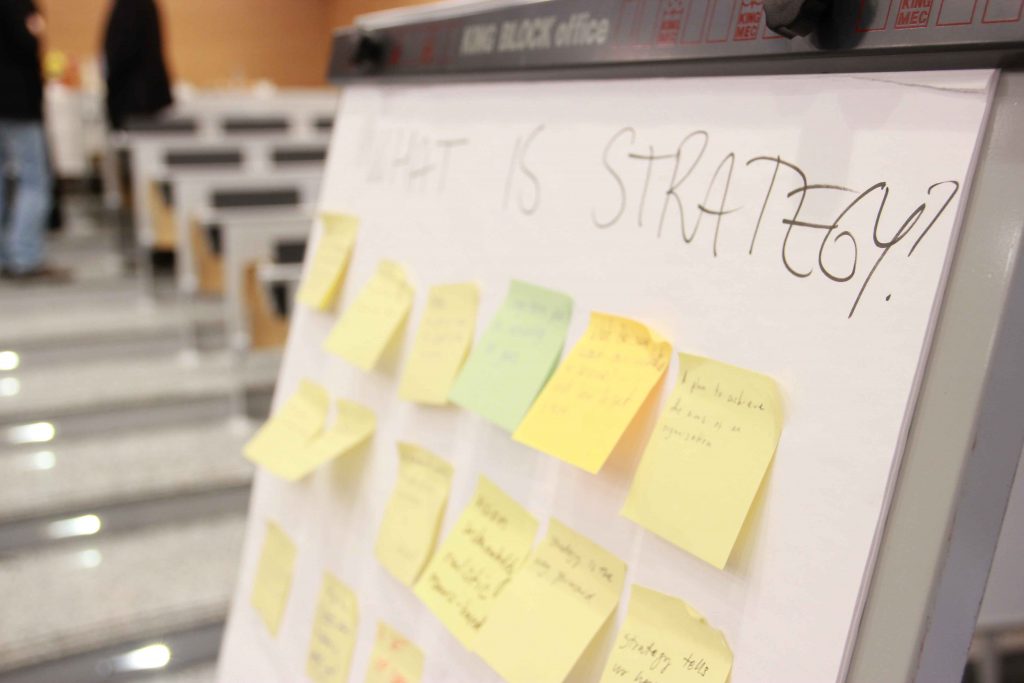
RItrainPlus workshop at University Milano Bicocca (Sironi Room, U4-08)
DATE AND TIME: May 5th, 12:00 CEST – May 6th, 11:00 CEST
REGISTRATION: https://forms.gle/T8ches49ZjVc73rC9
AGENDA: https://bit.ly/Workshop_RITrainPlus_Milan
TRAVEL & ACCOMODATION INFO: Download the guide
Research infrastructure and advanced scientific facilities are complex organisations. Not only do they operate at the leading edge of scientific and technological feasibility, but they also need to work with a large number of different stakeholders and funding mechanisms. Managers of research infrastructures must have a scientific understanding, be part of the scientific user community, and at the same time balance the scientific needs, the technical possibilities with the management necessary skills necessary for the operation of large, expensive facilities and the diplomatic skills required to engage with and define agreements between a large number of international actors.
The overarching goal of RITrainPlus is to design a training program to fulfil the competency requirements for the current and future managers of European Research Infrastructures and Core Facilities that are foreseen to be implemented in 15 European universities.
It aims also to Establish a European School for Management of Research Infrastructures (ESMRI) to coordinate the continuous development, dissemination, delivery, and certification of the learning activities for continuous professional development, and for monitoring and certifying the learning activities embedded in different university tracks and contributing to the European Longitudinal Learning Track.
The workshop explores conceptual, legal, and financial requirements to establish a European School for Management of RIs (EMSRIs) awarding international academic certificates. Invited speakers will present about ongoing initiatives, past experiences, and best practices to gain an in-depth understanding of the field. Aspects such as accreditation, course focus (knowledge, skills, methods, governance, and management practice within RIs), course delivery, training sustainability and specific exchange programmes shall be covered.
The expected workshop outcome is a deep understanding of the necessities and requirements, allowing to assess different business models, e.g. a federated setup with the School as a shared common service between Member States. Outcomes shall be published and used as a baseline to develop a sustainable funding model for the operations of the new School. In the long-term the school might become an asset for the good performance of the European Research Area and tune its business model also on ERAC and Horizon Europe strategies
